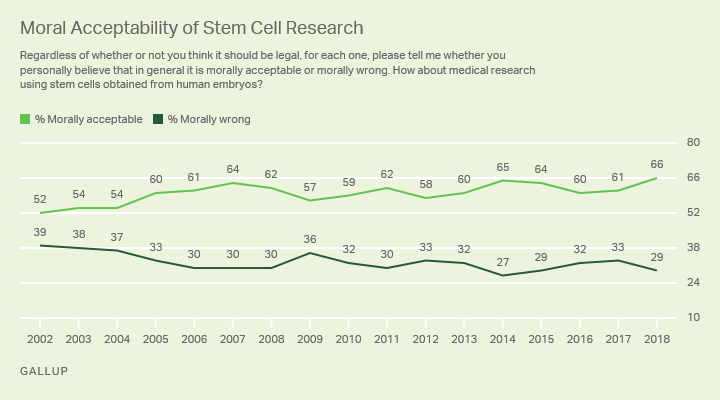
Stem cell researchers are beginning to view teeth as the future of regenerative medicine. Using the pulp inside of teeth, scientists can extract stem cells from the patient, freeze them, and potentially use them to remedy many health issues the patient may encounter decades down the road.
Led by Rene Garcia, a research team in Mexico is working to make this concept a reality. Garcia claims that when his son was born, he extracted some of the stem cells from his placenta. Years later when his son lost a tooth, Garcia processed the pulp inside the baby tooth, and found that it was similar in stem cell composition to the placental extract.
He believes that by harvesting the stem cells from baby teeth or teeth removed surgically, such as wisdom teeth, people may be able to implement regenerative medicine into their lives in an ethical manner. “A person discards twenty baby teeth, plus four wisdom teeth later on, so we are talking about an enormous bank of one’s own stem cells which can be built up for use as and when they are required,” he says. Another prevalent Mexican figure in regenerative medicine, Dr. Rosalvira Nuñez, stresses the importance of people becoming rich organ donors, and saving baby and wisdom teeth to enhance stem cell availability.
Dr. William Graves, of Amarillo Oral and Maxillofacial Surgery, states that extraction of stem cells from wisdom teeth requires no additional time in operation or recovery, and that the teeth are simply processed after extraction to harvest the stem cells. Stemodentrics, the company that Dr. Graves’s office sends the teeth to, freezes and preserves these stem cells until the patient has medical need for the cells. Dr. Graves notes that the cells are not the ‘cure all’ solution to medicine, but that by storing the cells over time, the patient will have them available for future use. If we are one day able to use stem cells in treatment of diseases like cancer of Parkinson’s, the patient will preemptively have these cells ready for use.
Stem cell therapy has the potential to treat an infinite amount of conditions, several of interest including spinal cord injuries, diabetes, Parkinson’s, heart disease, and sickle cell anemia. With the cells unique ability to morph into any cell type, they are an exciting field of research. Though stem cell research has become more morally accepted in the past decade, 29% of those who responded to a survey this year reported their stance on stem cell research as ‘morally wrong’. 
Due mainly to extraction from human embryos, stem cell research has been the subject of a moral dilemma for years. If stem cell extraction from teeth is able to successfully integrate itself into regenerative medicine, it may be solution to the conflict between stem cell use and morality.
Sources: Gallup, My High Plains, America







 © 2025 Mashup Media, LLC, a Formedics Property. All Rights Reserved.
© 2025 Mashup Media, LLC, a Formedics Property. All Rights Reserved.